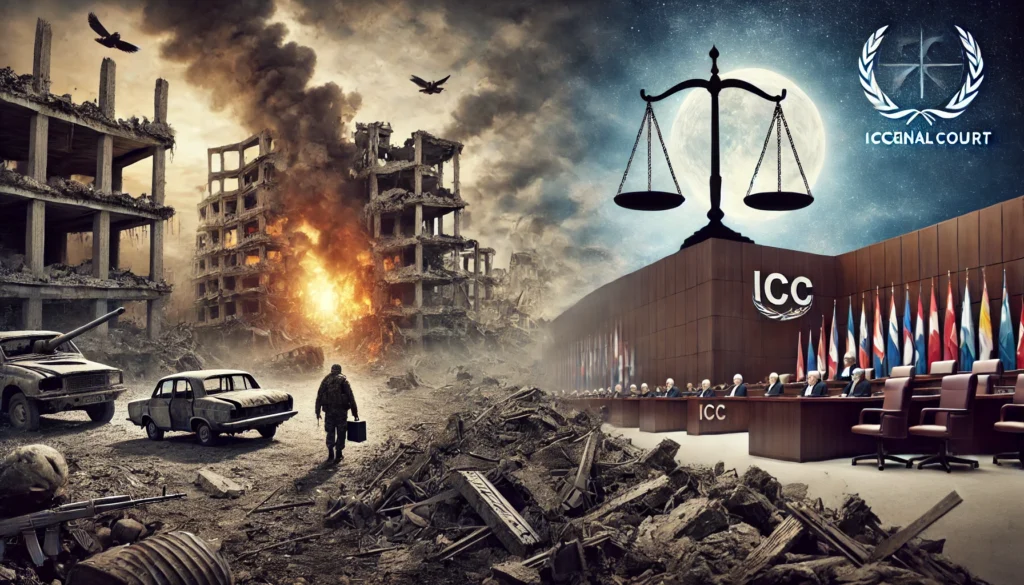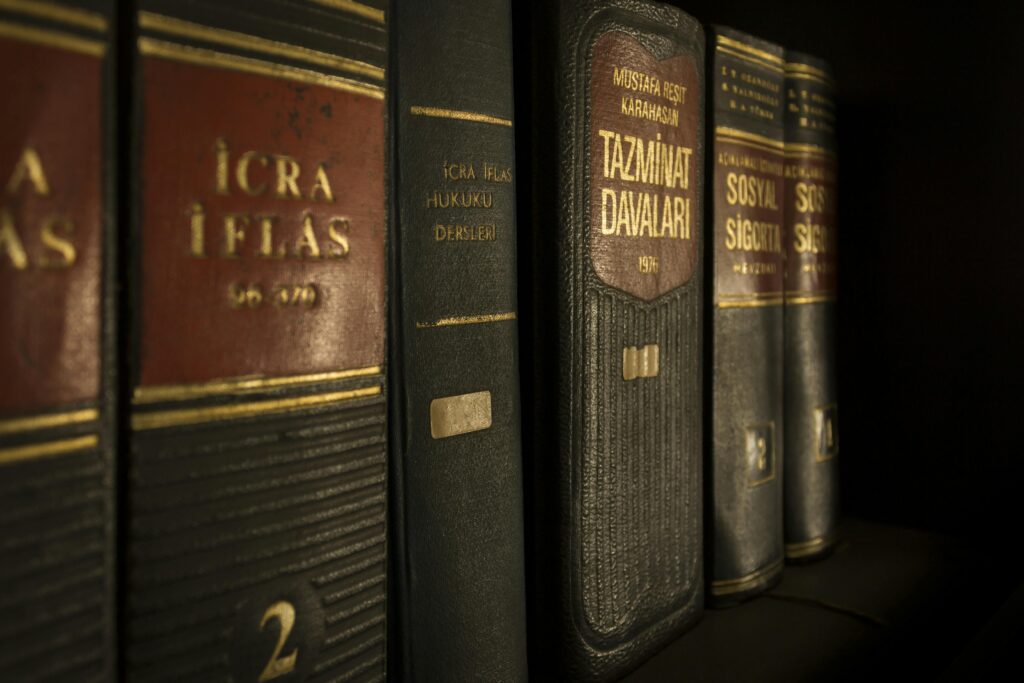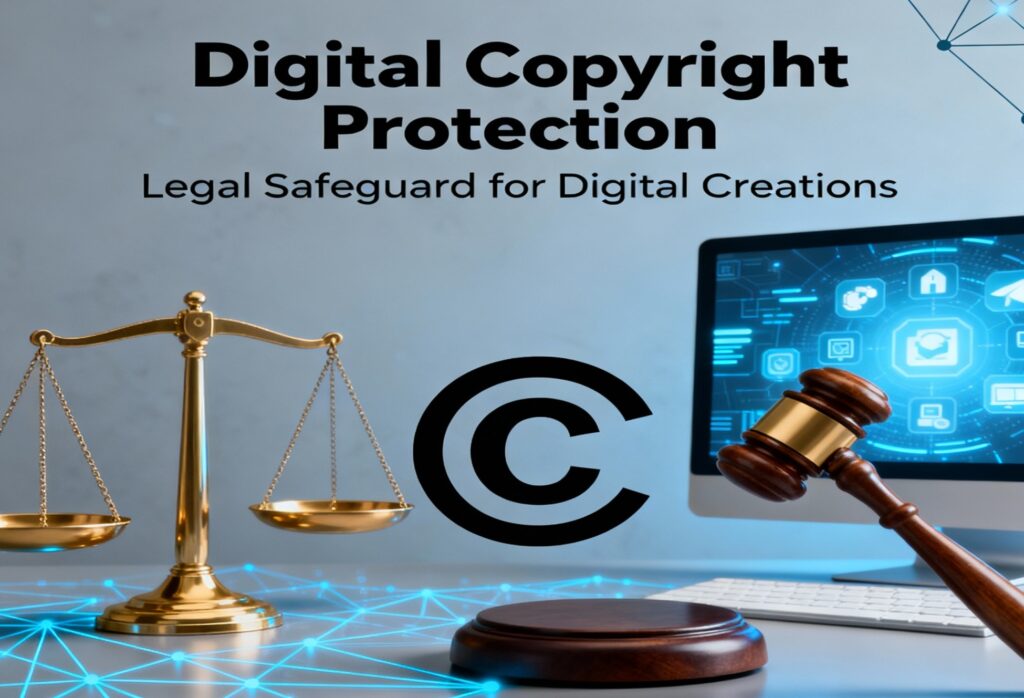Published on: 22nd October 2025
Authored by: Smaranika Sen
The West Bengal National University of Juridical Sciences
Introduction
This case stands as a pivotal aspect of shaping the Indian Constitutional jurisprudence. The case holds an importance in decriminalizing the same-sex relationships in India. Section 377 of the Indian Penal Code stated that any individual who has carnal intercourse against the order of nature with any man, woman or animal would be punished with imprisonment for life or an imprisonment up to ten years and also be subject to fine. The Section further stated that ‘penetration’ will suffice to establish carnal intercourse under this Section and thereby any individual would be liable under this Section who is found to be under the above-mentioned circumstances.[1]
The struggle of LGBTQ+ rights began since 90s. In the year 2009, there was a PIL filed by the Naz Foundation challenging the constitutionality of Section 377 of the IPC. The Section was challenged in the view of violating Article 14,15,19 and 21 of the Constitution before the Delhi High Court. The Delhi High Court decriminalized Section 377 of IPC in this case in the view that this Section was in direct conflict with Article 14 and Article 21 of the Constitution. However, in the year 2013, this judgment was overruled in the case of Suresh Kumar Koushal v. Naz Foundation. The judgment was overruled in the view that the Section only was criminalizing acts and not any persons or community. Moreover, the Section could be amended only by the parliament. This was hugely criticized by the public at large. Therefore, numerous petitions were filed against this decision. Thereafter, altogether a fresh PIL was filed in the case of Navtej Singh Johar v Union of India challenging the constitutional validity of Section 377 of IPC.[2]
In this paper, we will analyse the case of Navtej Singh Johar v Union of India briefly, and what did it led to.
Case Title: Navtej Singh Johar v Union of India
Citation: (2018) 10 SCC 1; AIR 2018 SC 4321; Writ Petition (Criminal) No. 76 of 2016
Court: Supreme Court of India
Bench: Former Chief Justice of India Dipak Misra, Justice A.M. Khanwilkar, Former CJI D.Y. Chandrachud, Justice R.F. Nariman, and Justice Indu Malhotra.
Date of Judgment: 6th September, 2018
Relevant Statutes and Important provisions:
- Section 377, Indian Penal Code, 1860
- Article 14 – Right to Equality
- Article 15 – Prohibition of Discrimination
- Article 19(1)(a) – Freedom of Expression
- Article 21 – Right to Life and Personal Liberty
- Universal Declaration of Human Rights (UDHR)
- International Covenant on Civil and Political Rights (ICCPR)
- Yogyakarta Principles (interpretive guidance for human rights law)
Brief Facts
The prima facie issue that was observed in this case was regarding the unconstitutional validity of Section 377 of IPC, which dealt with the unnatural offences thereby criminalizing carnal intercourse beyond the order of the nature. It interpreted towards the consensual homosexual activities. It was observed that this Section were at times misused and people of LGBTQ+ community were harassed.
- In 2009, the Delhi High Court had decriminalized Section 377 of IPC in the Naz Foundation case. The Court stated that this Section was majorly being misused as a tool of oppression; in the view of those incidents where HIV/AIDS workers were being arrested under Section 377. The Delhi High Court upheld privacy, right to equality, autonomy, and dignity of LGBTQ+ rights by decriminalizing Section 377.[3]
- In 2013, the Supreme Court overruled the 2009 judgment of the Naz Foundation case in Suresh Koushal v Naz Foundation case. The Court held that Section 377 of IPC was criminalizing the acts, and not identities. Moreover, the Court stated that the LGBTQ+ individuals constituted a “minuscule minority” who didn’t warrant constitutional protection. It further stated that this amendment should be deferred from legislative change to Parliament, thereby ignoring constitutional morality and the disproportionate impact on LGBTQ+ persons.[4]
- There was a widespread outrage after this judgment was passed by the Supreme Court and multiple petitions were filed challenging the judgment. In 2016, a fresh PIL was filed by dancer Navtej Singh Johar and others challenging solely the constitutional validity of Section 377 of IPC.
Issues Involved
- Does Section 377 of the IPC, which criminalizes consensual sexual relations between adults of the same sex (homosexuals), violate Articles 14, 15, 19, and 21 of the Constitution?
- Can societal morality override or go against any kind of constitutional morality in matters concerning individual autonomy and dignity?
- Whether Suresh Kumar Koushal was correctly decided in the light of evolving constitutional jurisprudence?
Arguments
From Petitioner’s side
The petitioner stated that Section 377 of IPC which criminalizes homosexuality has become outdated. It does not match with the wants of today’s society, and thereby it should be struck down. They further submitted that Section 377 of IPC was violative of Article 21 of the Constitution. As Section 377 criminalizes the personal choice of homosexuality it directly clashes with the Right to Life and Personal liberty, thereby making Section 377 unconstitutional. The Section is also observed to be arbitrary and overbroad. It created a system of inequality by criminalizing consensual homosexuality, thereby violating Article 14 of the Constitution. It also violated of Article 15 as it discriminated people based on their sexual. It was also observed that the Section also violated Article 19(1)(a) by criminalizing same-sex relations as it suppressed the freedom of expression and identity. Thereby the Section 377 mainly promoted harassment, inequality, suppression against the LGBTQ+ community. Moreover, the Section lacks any rational connection regarding the classification between procreative and non-procreative sexual acts. With all these submissions, the petitioners asked for the struck down of Section 377 of the IPC.[5]
From Respondent’s side
The respondent’s stated that decriminalizing Section 377 would not only damage the traditional Indian family system but would also encourage some young individuals to misuse homosexuality for various other concerning reasons. It was also feared that such individuals may be more vulnerable to HIV/AIDS. They further contended that countries that have decriminalized homosexuality have different cultural, political, and economic contexts compared to India. Therefore, a direct comparison would not be effective. The respondents further argued that the right to decriminalize Section 377 should not override Article 25, which protects religious freedom. Legalizing same-sex acts might clash with religious practices. The respondents stated that criminalizing carnal intercourse was made in order to protect society from moral and social harm. Moreover, they argued that Article 15 bars discrimination based on sex, not sexual orientation, and hence Section 377 does not violate it. Similarly, Article 14 is not violated since the provision defines a specific offense and punishment, not a class of people.
Judgment
Dipak Misra,the then CJI along with Justice A.M. Khanwilkar stated the following
- They stressed upon the concept of constitutional morality as superior to majority morality.
- They put emphasis on identity and self-determination as central to dignity and liberty.
- Therefore in their opinion they held that Section 377 violated Articles 14, 15, 19, and 21 and was a remnant of colonial rule with no place in a modern constitutional democracy.
Justice R.F. Nariman
- He applied the manifest arbitrariness doctrine, holding that Section 377 was irrational.
- Furthermore, he declared that it criminalized an innate and immutable trait that is sexual orientation which violated the dignity of an individual.
- He also highlighted that criminal law must not target identity and that the LGBTQ+ community deserves full constitutional protection.
Justice D.Y. Chandrachud
- He delivered a strong view on transformative constitutionalism and emphasized that the Constitution must evolve.
- He stated that this Section had caused immense psychological trauma and social exclusion towards the LBTQ+ community.
- He also stated that Section 377 was unconstitutional.
Justice Indu Malhotra
- She asserted that homosexuality is a natural variant of human sexuality, and not a mental illness.
- She further showcased in her opinion that the law had resulted in institutionalized discrimination and loss of dignity.
- She famously remarked: “History owes an apology to the members of this community.”
Thereby from the judgment we can understand the following reasoning:
- Right to Privacy and Choice:
The Court emphasized that even a small section like the LGBTQIA+ community has a fundamental right to privacy, autonomy, and sexual orientation. The Section 377 violated their right to choose a partner and therefore it infringed Article 21.[6] - Dismissal of Section 377:
The main purpose of Section 377 was towards the prevention of abuse against women and children. This has been already addressed by Section 375 of the IPC (Section 63 of the BNS). Hence, Section 377 can be observed to be violating Article 14. - Personal Choice and Equality:
The Constitution guarantees the right to choose a partner. Section 377 is in violation with this choice for LGBTQ+ individuals, making it arbitrary and irrational. - Freedom of Expression (Article 19(1)(a)):
Though public order and decency may justify some reasonable restrictions; Section 377 failed the proportionality test and unjustly curtailed expression and identity. - Therefore, the Supreme Court held Section 377 unconstitutional in the view of criminalizing consensual adult same-sex relationships, declaring that it violated Articles 14, 15, 19, and 21. It overruled Suresh Koushal v. Naz Foundation.
Ratio Decidendi
- Section 377 IPC was stated unconstitutional to only such extent till which it criminalized consensual sexual activities between adults in private.
- Sexual orientation of any individual is an inherent characteristic, and thereby it is protected under Articles 14, 15, 19(1)(a), and 21.
- The constitution is considered the superior. However, it should be looked that constitutional morality must guide courts, and not interpret laws based on societal biases or majoritarian opinions.
- The usage of criminal laws is not to police private consensual acts between adults.
Obiter Dicta
- The judiciary has the duty to protect minorities, especially when their rights are supressed and oppressed.
- The Constitution is a living document, and therefore its interpretation must evolve with the demand of societal changes.
- The freedom of sexual choice is an essential part of personal liberty and autonomy
Final Decision
The Supreme Court:
- Held that Section 377 should be struck down.
- Declared that the judgment passed in 2013 of Suresh Koushal decision does not hold any further validity and overruled the judgment.
- Reaffirmed that the LGBTQ+ community is entitled to equal rights, dignity, and privacy.
- However, the Court maintained the application of Section 377 of IPC is only for non-consensual acts, sex with minors, and bestiality.
Conclusion
In Navtej Singh Johar v. Union of India, the Supreme Court interpreted that the Indian constitution jurisprudence in two key ways.[7] Firstly, it tried to showcase the Reaffirmation of the Right to Love: The Court placed the right to love within the broader framework of privacy, dignity, and freedom of expression. To back up such statements the Court referred previous judgments like Shafin Jahan and Shakti Vahini. And secondly, it showcased the Jurisprudence of Love: For the first time, the Court used the concept of love as a legal value, affirming that love and intimate choice are central to constitutional identity and human dignity, especially for the LGBTQ+ community. Thus, this judgment made a pivotal role in shaping the transformative jurisprudence of Indian Constitution.
[1] Navtej Singh Johar and Ors. v. Union of India (UOI) and Ors.,
Privacy Library, https://privacylibrary.ccgnlud.org/case/navtej-singh-johar-and-ors-vs-union-of-india-uoi-and-ors (last visited July 27, 2025).
[2] Navtej Singh Johar v. Union of India,(2018) 10 S.C.C. 1 (India).
[3] Naz Foundation v. Government of NCT of Delhi,160 (2009) D.L.T. 277 (Del.) (India).
[4] Suresh Kumar Koushal v. Naz Foundation,(2014) 1 S.C.C. 1 (India).
[5] Analysis of the Navtej Singh Johar Judgment,
https://www.ipandlegalfilings.com/analysis-of-the-navtej-singh-johar-judgment/#_edn1 (last visited July 27, 2025).
[6] Navtej Singh Johar v. Union of India Judgment – Which Decriminalized Homosexuality,
https://blog.ipleaders.in/navtej-singh-johar-v-uoi-judgment-which-decriminalized-homosexuality/#Issues_raised (last visited July 27, 2025).
[7] Jurisprudence of Love: Constitutionalizing the Right to Love in Navtej Johar,
12 NUJS L. Rev. 3 & 4 (2020), https://nujslawreview.org/wp-content/uploads/2020/01/12-3-4-Chaudhary.pdf.




